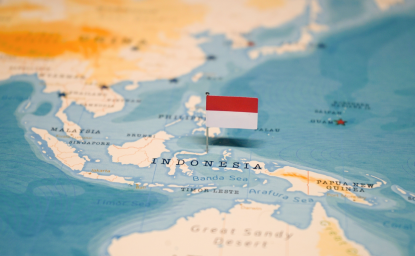Nuclear Weapons in International Politics: It's Getting Personal



The role that nuclear weapons play in international politics and security is evolving. Crucially, these changes are manifesting themselves in competing ways for two different groups of countries. For wealthy, militarily powerful countries, nuclear weapons are playing a diminishing role in security planning. Conversely, some countries that lack advanced military capabilities may be coming to see nuclear weapons as increasingly important, or desirable, for their security. The differences between these two groups are reinforced by the fact that, over the past decade, two dictators who ended their nuclear programs have lost their regimes and their lives. As a result, authoritarian leaders may now have an increasingly personal interest in holding on to their nuclear ambitions. U.S. interests can be advanced by minimizing the association that has developed over the past decade between ending nuclear weapons programs, ending regimes, and ending authoritarian leaders’ lives.
Author

Nuclear Proliferation International History Project
The Nuclear Proliferation International History Project is a global network of individuals and institutions engaged in the study of international nuclear history through archival documents, oral history interviews, and other empirical sources. Read more


History and Public Policy Program
A leader in making key foreign policy records accessible and fostering informed scholarship, analysis, and discussion on international affairs, past and present. Read more

Explore More
Browse Insights & Analysis
The OSCE is a Good Value for America

Israel Escalates Attacks in Gaza: What’s Next?

